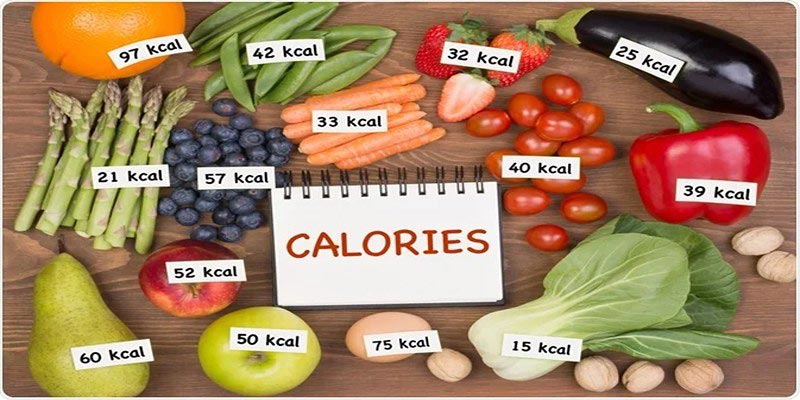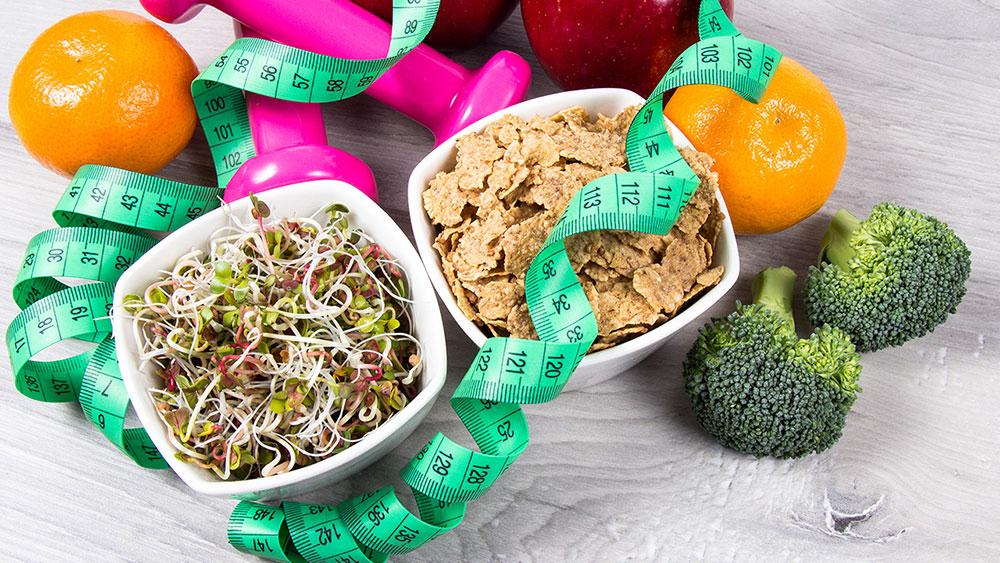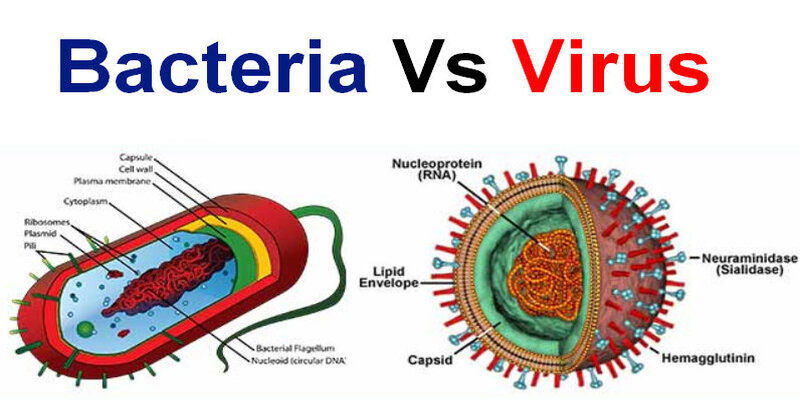
Are you trying to shed those extra pounds and reach your ideal weight? If so, learning about how many calories you should eat daily is a challenge worth taking on. Whether you're looking to lose a few or a lot, understanding how many calories your body needs will help put you on the right path.
We'll be discussing the basics of calorie counting and providing helpful tips so you can keep track of just how much food – and in what amounts – is needed for successful weight loss so. If you’re ready to discover more about the specific calories required for effective weight loss, gain insight into easy ways to incorporate calorie checking into your daily routine.
How Many Calories Should You Eat In a Day?

The answer to this question is not a one-size-fits-all solution. How many calories you should eat daily depends on various factors, including age, gender, height, weight, and activity level. Generally speaking, the average adult female needs about 2000 calories per day, while the average adult male needs 2500 calories daily to maintain their current weight.
Adults

Those who wish to lose weight should aim for a daily calorie intake that falls in the range of 1200-1500 calories. Eating too few calories can cause your metabolism to slow down, making it more difficult to achieve and maintain steady weight loss.
In addition to counting calories, you should consider other important factors when attempting to lose or maintain your weight. Eating a balanced diet rich in nutrients can help fuel your body with the necessary energy for healthy functioning.
Focusing on eating fresh fruits and vegetables, lean proteins, whole grains, and healthy fats will provide your body with essential vitamins and minerals and keep you fuller and longer, making you less likely to overeat.
Teens
Teenagers should also consider the number of calories they eat daily regarding weight management. What number of calories a teen needs depends on age, size, and activity level but typically ranges from 1600-3000 calories daily.
Teens should focus on eating healthy foods that provide them with essential nutrients. Eating a balanced diet of lean proteins, fruits, vegetables, and whole grains can help provide the necessary energy for growing bodies while helping promote weight control.
Children
Children’s calorie requirements depend largely on their age and activity levels. Generally speaking, children ages 4-8 need around 1000-1400 calories per day, while those 9-13 require about 1200-1800 calories daily.
Factors That Affect what number of Calories You Should Eat
While these equations and calculations can estimate what number of calories you should eat to reach your desired goals, several factors affect a person's calorie requirement.
Gender
Generally speaking, men tend to require more calories than women due to their larger body size and higher muscle mass.
Age
As we age, our metabolism slows down, meaning the number of calories we need decreases. How much it decreases depends largely on our activity level.
Activity Level
How active or passive a person is can play an important role in determining their calorie needs. Those who engage in frequent exercise will likely require more calories than someone who spends most of their day sitting at a desk.
Body Type
People with more muscle mass tend to require more calories than those without.
Desired Goals
How many calories you need daily will depend on whether you’re trying to lose, gain, or maintain your current weight.
With this knowledge, you can start reaching your ideal weight and achieve long-term success.
Calculate Your Recommended Calorie Intake Depending on Your Goals
Finding out how many calories your body requires each day is the first step in creating a successful weight-loss plan. This figure is dependent on factors including gender, age, weight, level of activity, and intended outcomes. The Harris-Benedict Equation is a widely used formula for estimating the daily recommended calorie intake:
For the Men: BMR = 66 + (6.2 x weight in pounds) + (12.7 x inches height ) – (6.76 x age in years)
For the Women: BMR = 655 + (4.35 x weight in pounds) + (4.7 x inches height ) – (4.7 x age in years).
This equation will estimate your Basal Metabolic Rate (BMR), or the number of calories you burn daily just by being alive. To account for any additional activity, you must multiply your BMR by an "activity factor" – this will give you your Total Daily Energy Expenditure (TDEE).
The activity factor multiplier depends on how active you are.
If you lead a sedentary lifestyle with little to no exercise, use 1.2 as your multiplier; if you're lightly active but still don't work out much, use 1.375; if you exercise moderately 3-5 days per week, the multiplier is 1.55; and those who are very active and engage in intensive exercise 6-7 days per week should use 1.725 as their multiplier.
Using this formula, you can calculate how many calories your body needs daily to maintain your current weight, which is essential for determining the number of calories you need to lose or gain weight. Once you've determined your TDEE, if you want to successfully lose one pound a week, simply subtract 500; conversely, if you wish to gain one pound per week, add 500 calories to your TDEE.
Reaching Your Goal To Lose Weight
Now that you have an estimate of your calorie needs, it's time to start tracking what you eat and counting calories. Keeping a food diary can help you identify which foods contribute to too many empty calories or cause weight gain and make changes accordingly. A healthy diet with carbohydrates, proteins, and fats is also key for weight loss.
To track your calorie intake, regular physical activity is essential for achieving long-term weight loss goals. Aim to include 30 minutes of moderate exercise like brisk walking, swimming, or biking daily. Start slowly and choose activities you enjoy to continue to stick with them over time and see results.
FAQS
How to lose 2kg in a week?
Having a daily calorie deficit of 1,000 calories is necessary to lose 2 kg per week. Then, use the Harris-Benedict Equation to determine your total daily energy expenditure (TDEE). To estimate how many calories you'll require, deduct 500–1,000 from that figure.
How many calories is 1 kg?
One kilogram of fat contains 7,700 calories. So to lose 1 kg of fat, you must create a calorie deficit of 7,700 calories. This can be done through diet and exercise over several weeks or months. It is important to note that healthy weight loss should occur gradually.
What exercise burns the most calories?
The type of exercise that burns the most calories depends on how intense it is and how long you do it. High-intensity activities such as running, swimming, or cycling will burn more calories in a shorter time than moderate activities like walking.
Conclusion
What number of calories should you eat per day to lose weight is a question that requires some thought and planning. It’s important to know your goals, current state of health, and any medical conditions that could restrict the amount or types of foods you consume. Everyone is different, and calling on the help of a professional dietician or nutritionist can be invaluable.



